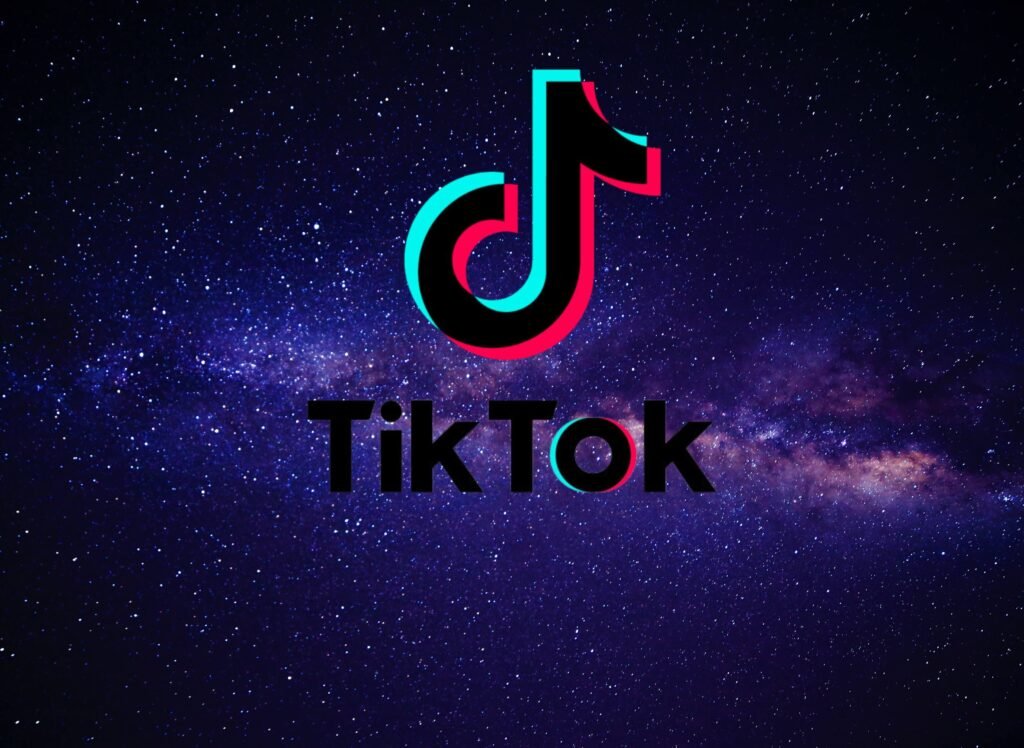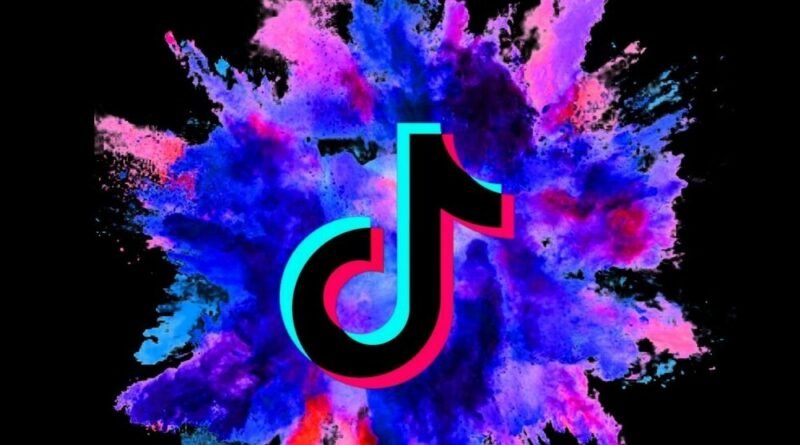TikTok is said to be developing AI influencers capable of generating content for advertisers.
Allegedly, TikTok’s AI-driven virtual influencers will have the ability to interpret scripts provided by advertisers.
TikTok, the widely-used short video platform, is reportedly in the process of integrating artificial intelligence (AI)-driven virtual influencers onto its platform. These AI influencers are intended to create and share content for advertisers and sellers, as stated in the report. TikTok is allegedly equipping these influencers with the ability to interpret scripts, either generated through prompts or provided directly by advertisers as marketing copies. This move might spark controversy if it leads to a scarcity of advertising deals for content creators on the platform, as advertising revenue is one of their primary sources of income.

As per a report from The Information (via The Verge), the company is developing AI technology to produce virtual influencers that will appear in videos to promote and sell products and services for advertisers and sellers. The report, citing unnamed sources, disclosed that TikTok has initiated discussions with advertisers to gauge interest in this feature. It’s worth noting that the feature is still in its early development stages, and plans could evolve over time. Additionally, the feature is rumored to be expanded to include TikTok Shop sellers.
From the advertisers’ perspective, this feature could offer greater control over the content’s nature, type, and the suitability of AI influencers for the role. It might also potentially lower costs for them, although this remains unconfirmed at present. However, existing creators on the platform may view this as a significant threat to their revenue streams.
TikTok creators faced a significant setback last year when the platform revealed plans to discontinue its creator fund, which had pledged to distribute $1 billion to creators in the US, UK, Germany, and France, according to another report from The Verge. Although the company introduced the Creativity Programme as a replacement, it diminished earning prospects for numerous creators. If AI influencers are introduced to vie for the same pool of advertiser funds, it could exacerbate the scarcity of opportunities for creators even more.

The report notably mentions that TikTok had previously experimented with a comparable AI avatar feature, but discovered that the virtual characters failed to generate ecommerce sales at the same level as their human counterparts. Nonetheless, the company reportedly maintains the belief that AI creators can complement the human creators on the platform.

